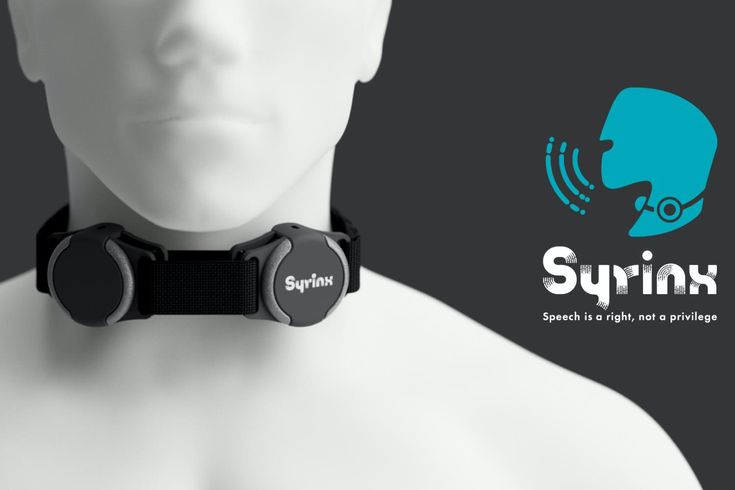In a time when smartphones feel like a part of us, keeping everything from private chats to money details, the issue of data privacy is very important. For people with more money to spend, a data leak can mean big losses, affecting their finances and harming their personal and work images. Therefore, let’s dig deeper and understand the real situation of data privacy on smartphones.

The Hidden Data Trails We Leave Behind
Smartphones serve more than just the purpose of communication; they function as advanced machines for collecting data. Every application we engage with, from ones that monitor our physical activity to those that cater to our food preferences, gathers information about us without us realizing it. Some applications even monitor our location in the background, operating outside of just location-based features. This constant monitoring can create an in-depth view of our daily habits, revealing our workplaces, social spots, and places where we receive medical care.

Additionally, our online activities are under constant surveillance. Our search terms, the sites we visit, and the amount of time we linger on each page generate data that can be captured and examined. For instance, if we search for a high-end product on an e-commerce site, we may encounter advertising tailored to us not only on that website but also on other apps and sites we frequent. Such cross-app and cross-website tracking happens through cookies and tracking pixels, which can be tricky to spot and even more challenging to block entirely.
The Vulnerabilities in the Mobile Ecosystem
Even with ongoing improvements in security, both Android and iOS still have weaknesses. The open-source setup of Android permits a wide range of applications; however, this also invites harmful individuals. Furthermore, the relaxed review process for apps can lead to security gaps in third-party applications.
On the other hand, iOS features a more restricted environment and thorough app evaluations, but it is not completely secure. When users jailbreak their devices, they remove Apple’s protective features, which makes iPhones more susceptible to harmful apps that can capture personal data.Additionally, hardware can be a source of danger. Some smartphone parts are at risk from side-channel attacks, which exploit physical traits, such as power usage, to gain access to passwords or encryption keys.
Strategies for Fortifying Your Smartphone's Data Privacy
To secure your smartphone data, it is essential to invest in high-quality security software. Advanced antivirus and anti-malware applications provide real-time threat detection, monitor app behavior, and ensure secure browsing, creating a strong defense against data-harvesting malware.For those who prioritize privacy, using a reliable VPN is crucial. It safeguards your internet activity by encrypting your connection, which is particularly important on public Wi-Fi networks where hackers may be present. Select VPN services that provide fast connections, numerous server locations, and a strong no-logging policy to keep your identity safe. Moreover, keeping your operating system and applications updated on a regular basis is a simple yet highly effective way to maintain your digital security. These updates fix security issues, thus lessening the risk of being targeted.

Finally, take the time to thoroughly evaluate the access permissions that applications ask for.If an application asks for access to sensitive information without a valid reason, reconsider your choice. Utilize your device's detailed permission controls to minimize the risk of exposing your data.Grasping these potential risks and putting these tactics into practice enables you to handle your data privacy in a more effective manner.



